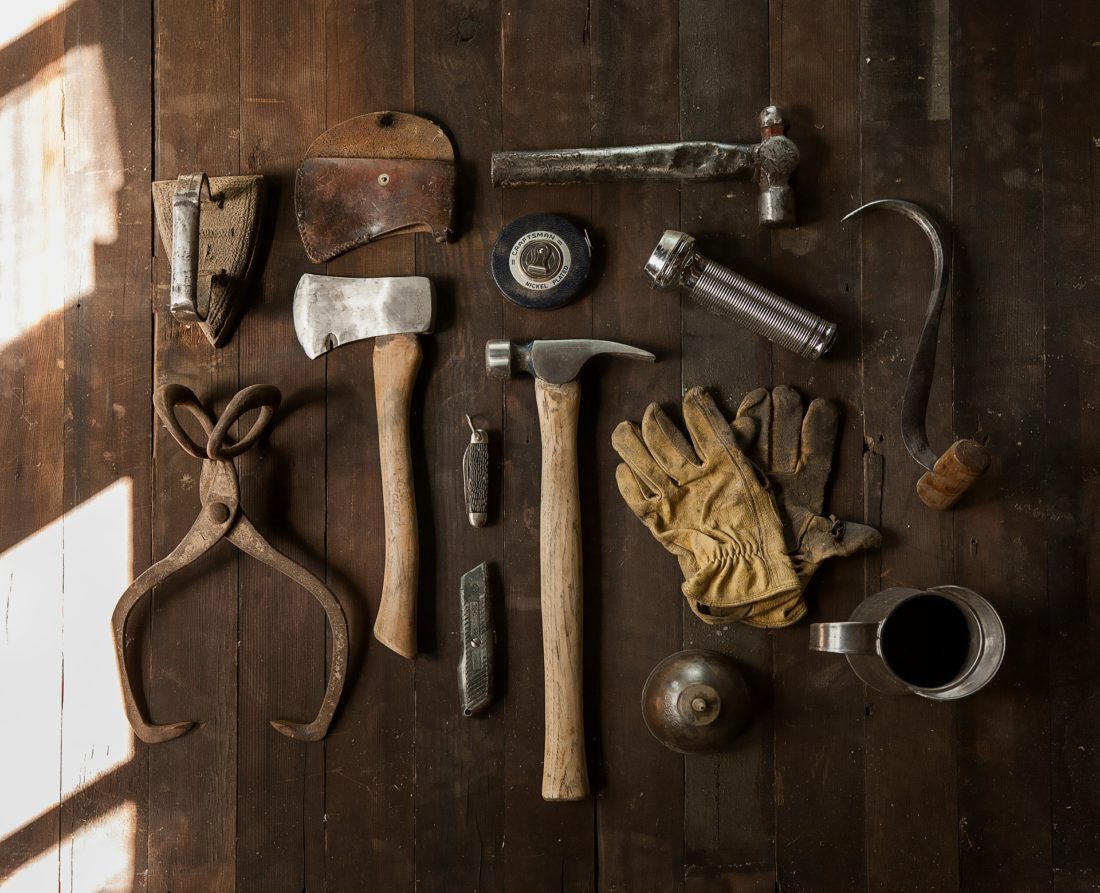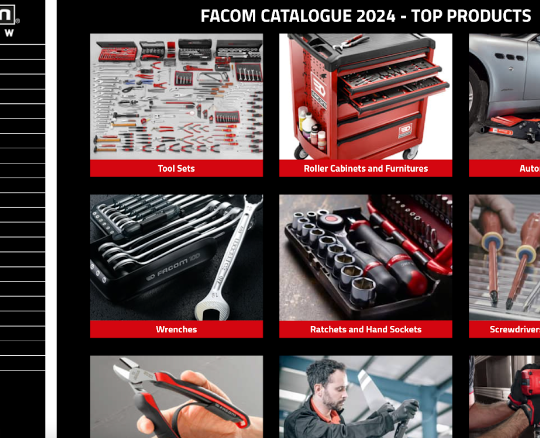
Time to invest in a Nailer for your Carpentry work, but need to decide on Brad Nailer vs Finish Nailer?
First of all you need to understand the difference between a brad nail and a finish nail, and basically it is thickness, referred to as gauge. The lower the gauge number the thicker the nail is, so a 16 gauge nail is thicker than an 18 gauge nail. Finish nails are typically 15 or 16 gauge, meanwhile the thinner 18 gauge nail is called a Brad Nail.
The second factor is head size, where finish nails tend to have a larger head and brad nails have a smaller head.
So when making a decision of which nailer to buy you need to know which nails you are most likely to work with.
Brad Nailer vs Finish Nailer
Brad nailers are used for more delicate work, like trims, mouldings and beadings. Finish nails would likely split these types of thin wood strips and also leave an more obvious hole which would need to be filled with spackle and putty to obscure it. So brad nails are used in this way where larger nails would be too big. However its worth considering that brad nails aren’t always the best nail for the job, because they don’t have as much holding power as a regular finish nail because they’re not as robust, have a smaller and head and come in shorter lengths. A brad nail won’t hold large thick pieces of wood and it won’t penetrate thick plywood or MDF.
So when it comes to choosing which Nail Gun to buy you ideally would buy a Nailer which can handle both finish nails and brad nails. But unfortunately there are very few of these on the market, so you’re going to have to decide between a brad nailer and a finish nailer. Another factor to consider is that only some finish nailers have an angled head for nailing in tight spaces.
When choosing your nailer you may also have to decide between a pneumatic corded nailer, and a cordless nailer. Pneumatic nailers are more powerful and a lot lighter to handle so can be great for heavy work at a construction site….but only if you have power. Whereas a cordless nailer has a lot more flexibility as it can be used without power, but will suffer with lack of nailing power for thicker boards. But they can be ideal for ladder work or regular work away from your workshop.
So choosing between a brad nailer and a finish nailer is a decision you will probably have to make, and it comes down to the type of work you do most often. If you do heavy nailing work then get a finish nailer, but if you do more delicate carpentry work then buy a brad nailer. Then decide if you want an angled head for tight work, and whether you need a cordless nailer for remote work.







